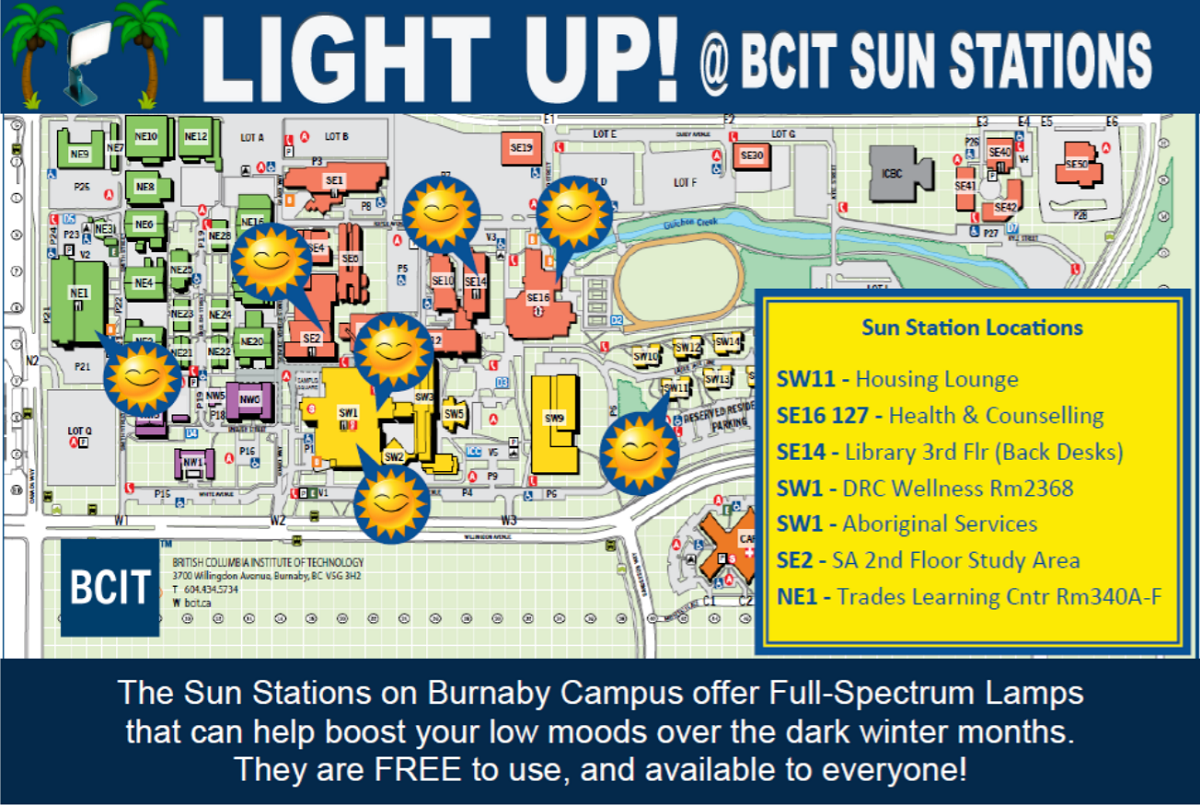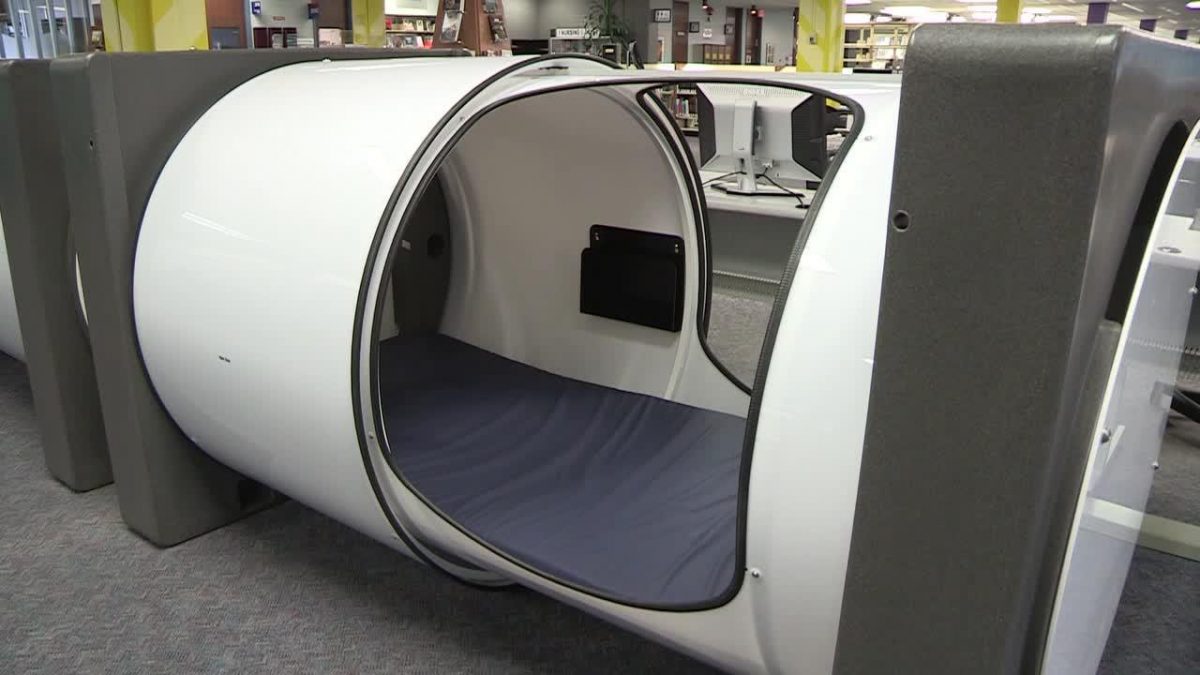Sleep, among other things like exercise and social life, is one of those things that most BCIT students skimp on in favor of studying, holding group meetings or working on projects. It gets even worse around this time of year with final exams coming up. And yet sleep is an important aspect of a student’s wellbeing. Numerous studies have found that sleep contributes to memory retention. For instance, storage of long term information happens while we are asleep. Additionally, having sleeping problems can be a hindrance, especially for students. It affects our focus, productivity, and emotional (self-esteem and confidence) and social wellbeing (relationships with others). Sleeping better will not only improve our focus and performance, but also help us in remembering and retaining new information, and improve our immune system so we are less likely to get sick.
To get better sleep, we need to practice good sleep hygiene. Although the term may be unfamiliar to many, according to the National Sleep Foundation, sleep hygiene is “a variety of different practices and habits that are necessary to have good nighttime sleep quality and full daytime alertness.” Here are 5 sleep hygiene practices that will help us get better sleep.
- Having enough exposure to natural light.
As Vancouverites, we know how next to impossible that is (it’s always raining and gloomy here!) But never fear, because as BCIT students, we have access to the campus’s Sun Stations.

Have you always wondered why there are random inflatable palm trees all over the campus? Well, these are actually markers of sun stations. Using Sun Stations for at least 30 minutes, in addition to the benefit of getting better sleep, has been shown to decrease depressive symptoms.
- Taking only 20-30 minute naps
This is the optimal “power nap” to boost our energy levels. Sleeping for more than that will cause one to fall into deep sleep which will cause grogginess and will also cause one to have trouble falling asleep later that night.

BCIT has nap pods available to get that power nap you need in the middle of the day. It doesn’t have to be full-on sleep. Just closing your eyes and then clearing your mind for a bit will refresh you.
- Use only yellow light for your electronics at night
As I have mentioned, light plays a role in our ability to sleep. The bright lights coming from our computers, phones and TV screens trick our brains into thinking it is still daytime.
Try using programs such as f.lux for laptops and notebooks and turning on night shift on your phone to reduce the blue lights emitted by these devices.
- Exercise a few hours before going to bed
My colleague from the Student Life Office wrote a good article on what types of exercises busy students can try to do. Although try not to exercise right before going to bed.
- Have a relaxing bedtime routine
![]()
This can include meditating, journaling, doing some deep breathing exercises, listening to relaxing music or, my personal favourite, taking a hot shower and doing a skincare routine. Having a bedtime ritual will signal your brain that it’s time to sleep.
In the end, I know it can be hard to prioritize getting a good night’s sleep. But doing little steps towards getting better sleep and noticing the difference it makes will motivate us to persist in doing them.
